Perceptiveness, Wisdom and Oneness
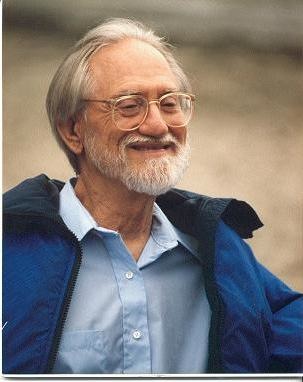
“Survival and happiness now depend on tuning in to the overall situation involving ourselves, the people around us, and the total environment of the here and now. Perceptiveness, wisdom, and oneness are now the ingredients of effective and happy living.”
–Ken Keyes (American “New Age” Author and Lecturer, 1921-1995)

“Handbook to Higher Consciousness: The Workbook (Keyes, Jr, Ken)” (Jr. Ken Keyes, Penny Keyes)
Integrating the Psyche
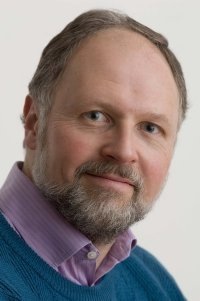
“Mastering – or, if you prefer, integrating – the psyche is the work of a lifetime….This mastery is not holding the psyche in rigid subjugation which is impossible in any case, nor is it a matter of having a maniacally religious ego lording it over the emotions and the body. Rather, it is being centered in the still, small voice that is the true ‘I’ of the spirit.”
–Richard Smoley (American Philosopher, Editor and Writer, 1956-)

“Inner Christianity: A Guide to the Esoteric Tradition” (Richard Smoley)
Splashing in the Shallow End
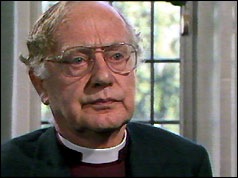
I was recently hearing two groups of church folk who seemed to be squabbling over who would be occupying the front seats in Heaven. I really couldn’t see what all the fuss was about, and it reminded me of a lovely quote from the former Archbishop of Canterbury, comparing the Church to a swimming pool:
“All the splashing goes on at the shallow end.”
–Robert Runcie (English Theologian and, from 1980-1991, Archbishop of Canterbury, 1921-2000)
The Thing WIth Feathers
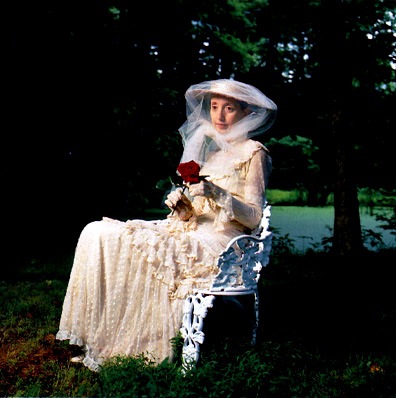
“Hope is the thing with feathers that perches in the soul and sings the tune without words and never stops at all.”
–Emily Dickinson (New England Mystic Poet, 1830-1886)
Thoughts From Our Collective Mind
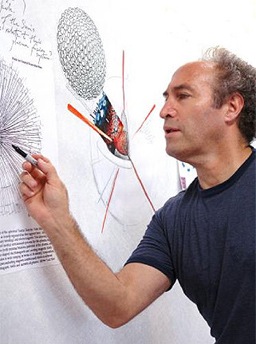
“Each theory may have evolved from a unique angle of analysis, but ultimately our theories form from – and refer to – a sort of unified, collective mind.”
–Todd Siler (American Visual Artist, Educator, Inventor and Author, 1953-)

Symbols of Oneness
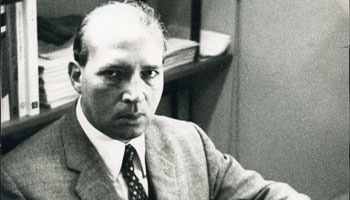
“The common origin of the human race is proved by the universal themes of folklore [and] legend…. Orientalism, the study of comparative religion, mythology, cultural anthropology, the history of civilization and art, esotericism, psychoanalysis, and symbolological research have all combined to provide us with ample material to substantiate psychological truth, and this essential oneness.”
–J.E. Cirlot (a.k.a. Juan Eduardo Cirlot Laporta, Spanish Poet, Art critic, Hermeneutist, Mythologist, Musician and Writer, 1916-1973)
Are You An Integral Aspect of a Unified Energetic Field?
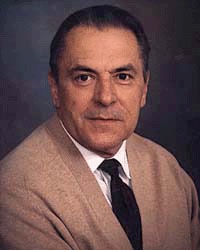
That question sounds like a mouthful but it actually reflects an important strand in contemporary thinking. And one that will likely have profound effects on all our lives.
“What we encounter in everyday life are not discrete individuals and solid objects, but integral aspects of a unified energetic field.”
–Stanislav Grof (Czech-born American Physician, Psychiatrist, Writer and a Founder of Transpersonal Psychology, 1931-)
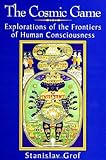
“Cosmic Game, The: Explorations of the Frontiers of Human Consciousness” (Stanislav Grof)
Why Forgive?
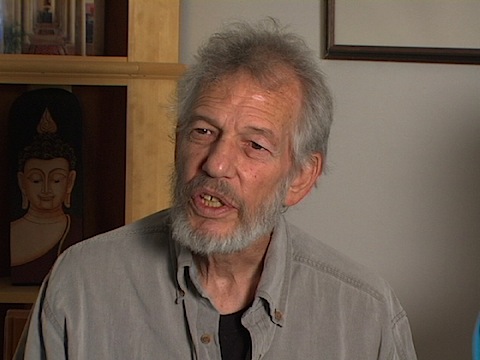
“When we forgive ourselves there is room now for another. When we forgive others there is room then for the rest of the world. Forgiveness gradually retrieves the heart. And with it a sense of all the hearts struggling at that moment to the surface.”
–Stephen Levine (American Poet, Writer and Spiritual Teacher Best Known for His Work on Grief, Death and Dying, 1937-)

“Turning Toward the Mystery: A Seeker’s Journey” (Stephen Levine)
If
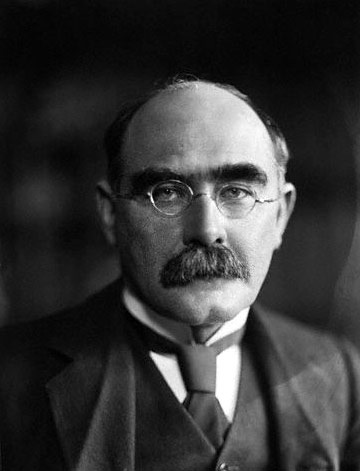
This is one of those poems that a lot of us had to learn when I was a schoolboy. It was only years later that I realized that it is really very profound, and why Kipling had quite a reputation for his philosophy.
“IF”
If you can keep your head when all about you
Are losing theirs and blaming it on you,
If you can trust yourself when all men doubt you,
but make allowance for their doubting too,
If you can wait and not be tired by waiting,
Or being lied about, don’t deal in lies,
Or being hated, don’t dive way to hating,
And yet don’t look too good, nor talk too wise:
If you can dream and not make dreams your master,
If you can think and not make thoughts your aim,
If you can meet Triumph and Disaster
And treat those two impostors just the same,
If you can bear to hear the truth you’ve spoken
twisted by knaves to make a trap for fool,
Or watch the things you gave your life to, broken,
And stoop and build ’em up with worn-out tools,
If you can make one heap of all your winnings
And risk it on one turn of pitch-and-toss,
And lose, and start again at your beginnings
And never breathe a word about your loss,
If you can force your heart and nerve and sinew
To serve your turn long after the are gone,
And so hold on when there is nothing in you
Except the Will which says to them: “Hold on!”
If you can talk crowds and keep your virtue,
Or walk with Kings nor lose the common touch,
If neither foes nor loving friends can hurt you,
If all men count with you, but none too much,
If you can fill the unforgiving minute
With sixty seconds’ worth of distance run,
Yours is the Earth and everything that’s in it.”
–Rudyard Kipling (Indian-born English Writer and, in 1907, Winner of the Nobel Prize for Literature, 1865-1936)
Living in Awe

“Making Peace With God: A Practical Guide” (Harold H. Bloomfield, Philip Goldberg)
“Evidence suggests that the original meaning of the phrase that has come down to us as ‘fear of God’ was something more like awe. And awe, wrote Abraham Joshua Heschel, ‘enables us to perceive in the world intimations of the divine, to sense in small things the beginning of infinite significance, to sense the ultimate in the common and the simple, to feel in the rush of the passing the stillness of the eternal’.”
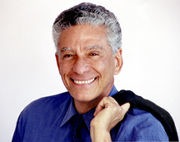
Harold Bloomfield (American Psychiatrist and Expert on Holistic Medicine, 1944-)
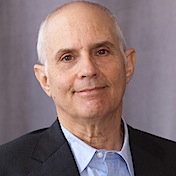
Phillip Goldberg (American Spiritual Counselor, Interfaith Minister and Author)







